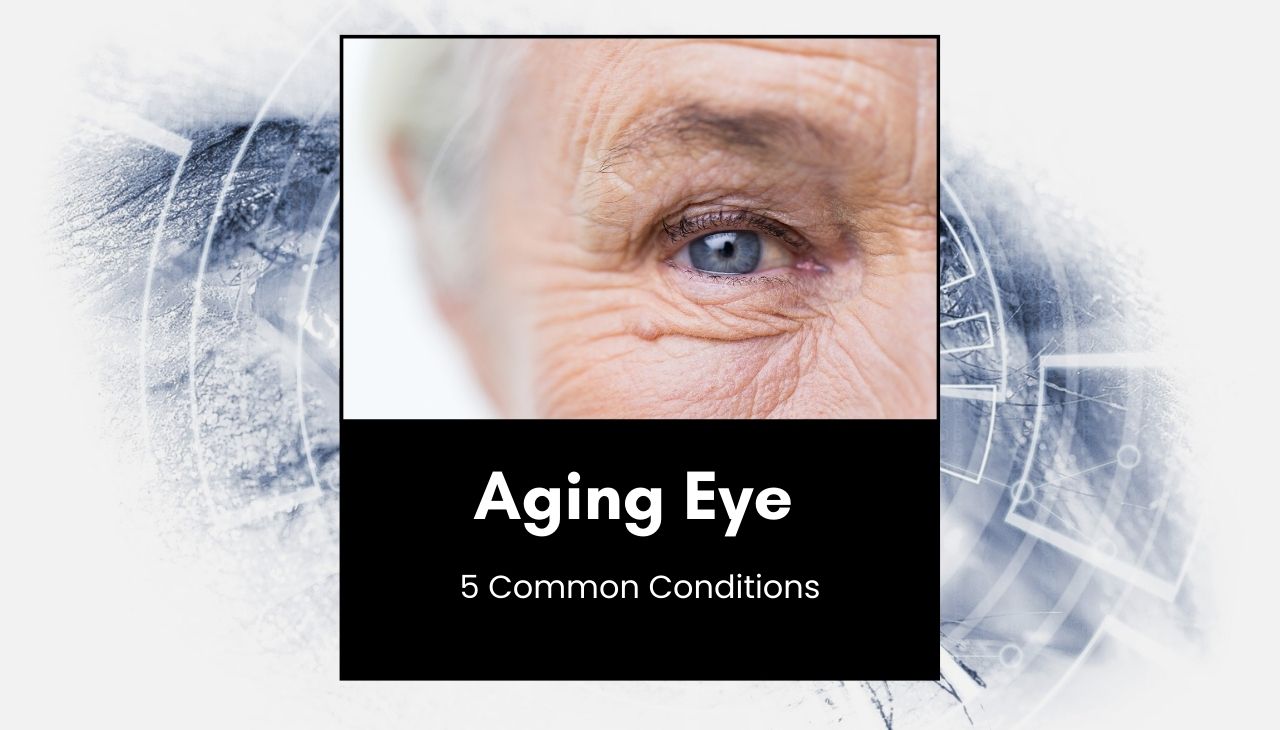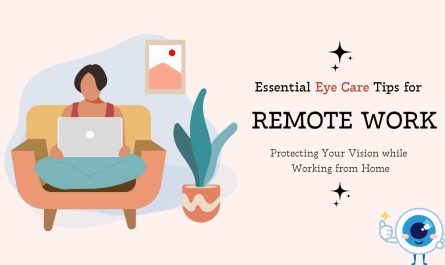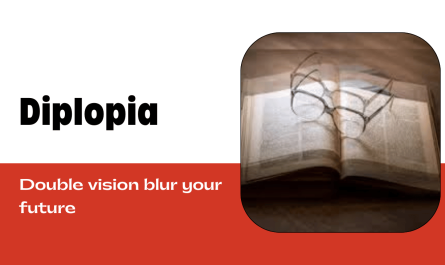As we age, our bodies undergo various changes, and our eyes are no exception. Vision issues become more common, and certain eye conditions can have a significant impact on daily life. While some of these conditions are age-related, many are treatable or manageable with proper care. Understanding these conditions and how to address them is essential for maintaining good eye health as we grow older.
In this blog, we will explore five common conditions that affect the aging eye, including cataracts, glaucoma, macular degeneration, diabetic retinopathy, and presbyopia. We will also highlight the importance of early detection and treatment to prevent complications.
Common Eye Conditions in Aging Eye
1. Cataracts
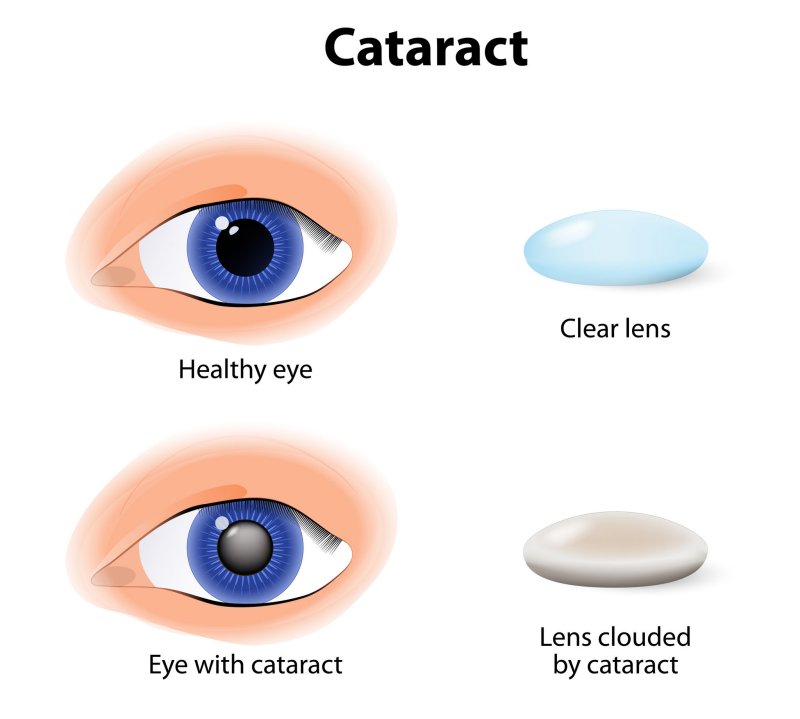
Causes:
Cataracts occur when the natural lens of the eye becomes cloudy, often as a result of aging. Over time, proteins in the lens begin to break down and clump together, leading to a decrease in clarity. Factors like smoking, UV exposure, diabetes, and a family history of cataracts can increase the risk.
Symptoms:
- Blurry or cloudy vision
- Difficulty seeing at night
- Sensitivity to light and glare
- Double vision in one eye
- Frequent changes in prescription glasses
Treatment Options:
The primary treatment for cataracts is surgery, where the cloudy lens is removed and replaced with a synthetic intraocular lens (IOL). Cataract surgery is highly effective and has a high success rate in restoring vision.
2. Glaucoma
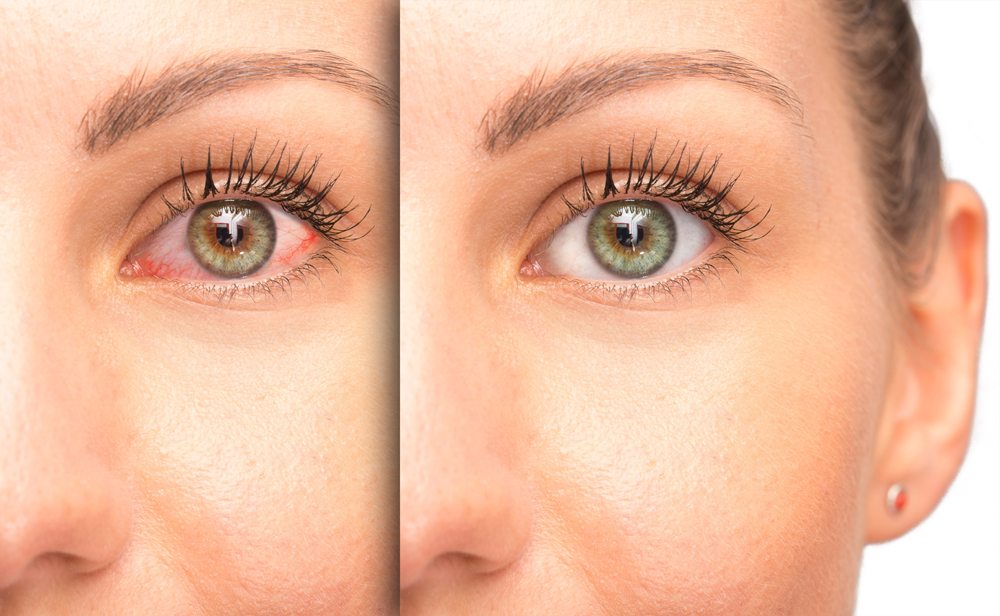
Causes:
Glaucoma is caused by damage to the optic nerve, often due to increased intraocular pressure (IOP). This pressure can result from the eye’s drainage system not functioning properly, leading to fluid buildup. Risk factors include aging, family history, high eye pressure, and certain medical conditions such as diabetes.
Symptoms:
- Gradual loss of peripheral vision
- Tunnel vision in advanced stages
- Eye pain or headache (in acute cases)
- Blurred vision or halos around lights
- Nausea and vomiting (in acute glaucoma)
Treatment Options:
Treatment for glaucoma focuses on lowering eye pressure to prevent further damage to the optic nerve. This can be achieved through medications (eye drops), laser therapy, or surgery. Regular monitoring is essential to manage the condition effectively.
3. Glaucoma
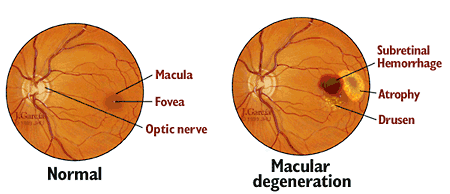
Causes:
AMD occurs when the macula, the central part of the retina, deteriorates. The exact cause is unknown, but aging, smoking, family history, high blood pressure, and obesity increase the risk. AMD affects central vision, making it difficult to see fine details.
Symptoms:
- Blurry or distorted central vision
- Difficulty reading or recognizing faces
- Dark or empty areas in the center of vision
- Colors appearing faded or washed out
Treatment Options:
There is no cure for AMD, but treatment options can slow its progression. These include:
- Anti-VEGF injections to reduce fluid buildup in the eye (for wet AMD)
- Laser therapy to destroy abnormal blood vessels
- Nutritional supplements with antioxidants to slow the progression of dry AMD
- Lifestyle changes, such as quitting smoking and maintaining a healthy diet
4. Diabetic Retinopathy
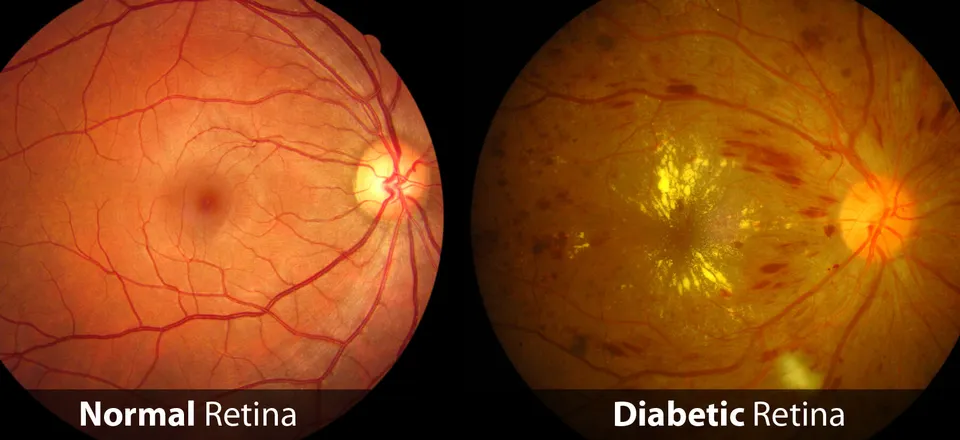
Causes:
Diabetic retinopathy is caused by high blood sugar levels damaging the blood vessels in the retina. This condition is more common in people with poorly controlled diabetes, and it can lead to fluid leakage, bleeding, and retinal detachment.
Symptoms:
- Blurred or fluctuating vision
- Dark spots or floaters in the field of vision
- Difficulty seeing at night
- Sudden vision loss in severe cases
Treatment Options:
Early treatment is essential to prevent significant vision loss. Options include:
- Laser surgery to seal leaking blood vessels
- Injections of anti-VEGF medications to reduce swelling
- Vitrectomy surgery in advanced cases to remove blood or scar tissue from the retina
5. Presbyopia
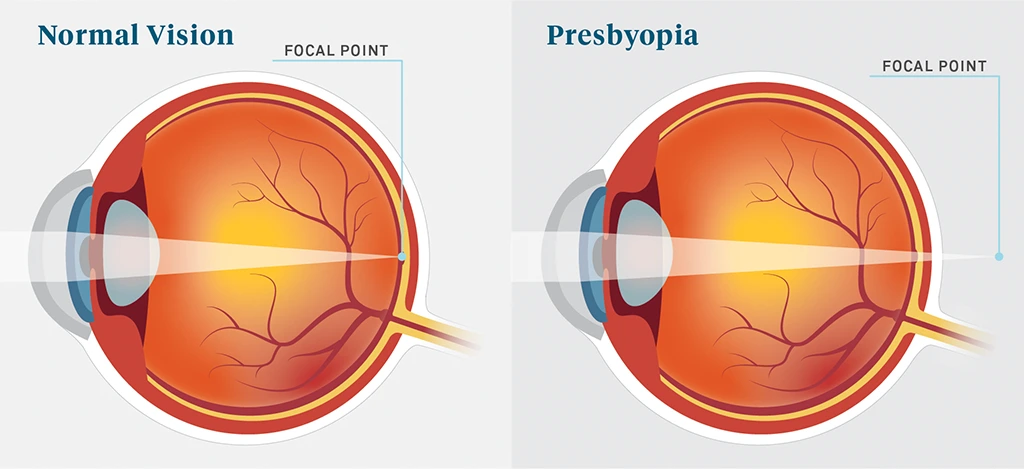
Causes:
Presbyopia is a natural part of the aging process and occurs when the lens of the eye loses flexibility, making it difficult to focus on close objects. This typically begins around the age of 40 and worsens with time.
Symptoms:
- Difficulty reading small print or holding reading material farther away
- Eye strain or fatigue after prolonged reading or close work
- Blurry vision when attempting to focus on close objects
Treatment Options:
Treatment for presbyopia usually involves the use of corrective lenses. Options include:
- Reading glasses for close-up tasks
- Bifocal or multifocal lenses for both near and far vision
- Contact lenses, including multifocal or monovision lenses
- Surgical options like LASIK or lens implants for those looking for a more permanent solution
Why Consult Laxmi Eye Hospital?
Laxmi Eye Hospital has been a trusted name in eye care for over 30 years, providing world-class diagnostic and treatment services. The hospital is known for its transparency and excellent patient care, with a team of experienced eye doctors offering specialized treatments for a wide range of eye conditions.
Whether it’s cataract surgery, LASIK for specs removal, glaucoma management, or retinal treatment, Laxmi Eye Institute has the expertise and facilities to handle all your eye care needs. The hospital also offers one of the longest-running cataract surgical training programs and has been a hub for grooming qualified ophthalmologists for over 25 years.
With locations in Panvel, Kharghar, Kamothe, and Dombivli, Laxmi Eye Institute ensures that patients across Navi Mumbai have access to top-notch eye care services. To schedule a consultation, visit any of their branches or call for an appointment:
FAQs
1. What causes cataracts, and how can they be prevented?
Aging, smoking, UV exposure, and diabetes cause cataracts. Although you can’t fully prevent them, wearing sunglasses and having regular eye exams can help reduce the risk.
2. How can glaucoma be detected early?
Glaucoma often has no symptoms until significant damage is done. Regular eye exams, including measuring eye pressure, are the best way to detect it early.
3. Can macular degeneration be treated?
While there is no cure for macular degeneration, treatments like anti-VEGF injections, laser therapy, and nutritional supplements can help slow its progression.
4. How does diabetes affect eye health?
Diabetes can lead to diabetic retinopathy, which damages the retina’s blood vessels. Controlling blood sugar levels and having regular eye exams can help prevent or manage the condition.
5. Is LASIK suitable for everyone?
LASIK is a safe option for many people, but not everyone qualifies. A consultation with an eye specialist will help determine if LASIK is right for you.
Conclusion
As you age, it’s important to be aware of the common eye conditions that can impact your vision. Regular eye checkups and early detection are crucial for managing and treating these conditions effectively. If you’re experiencing any vision changes, don’t hesitate to consult with a professional at Laxmi Eye Hospital, where experienced doctors provide comprehensive eye care. Taking proactive steps today can help you maintain clear vision for years to come.

